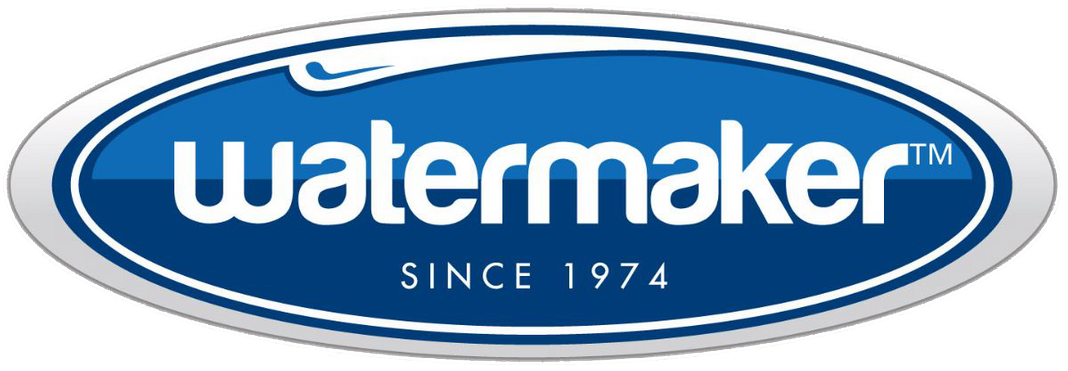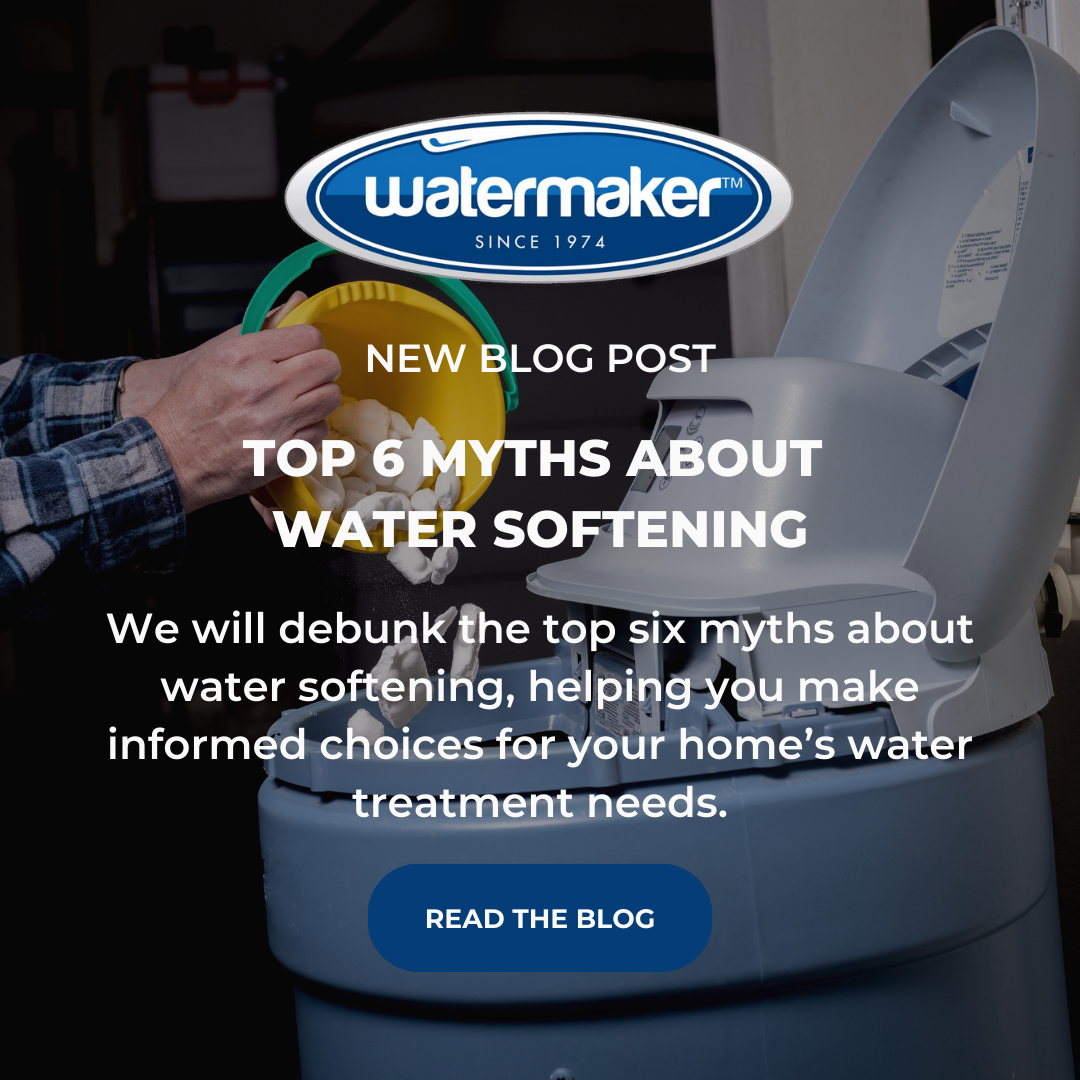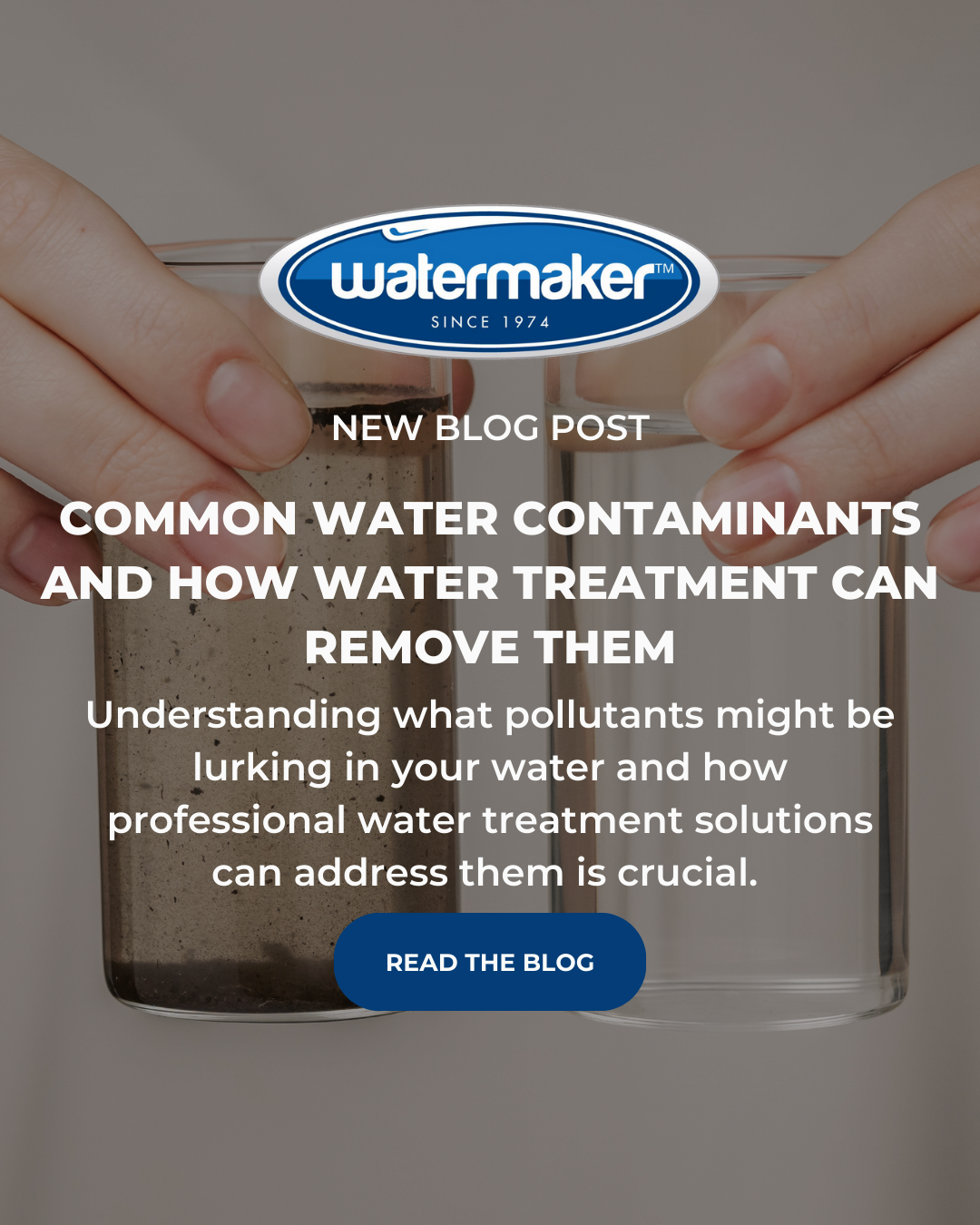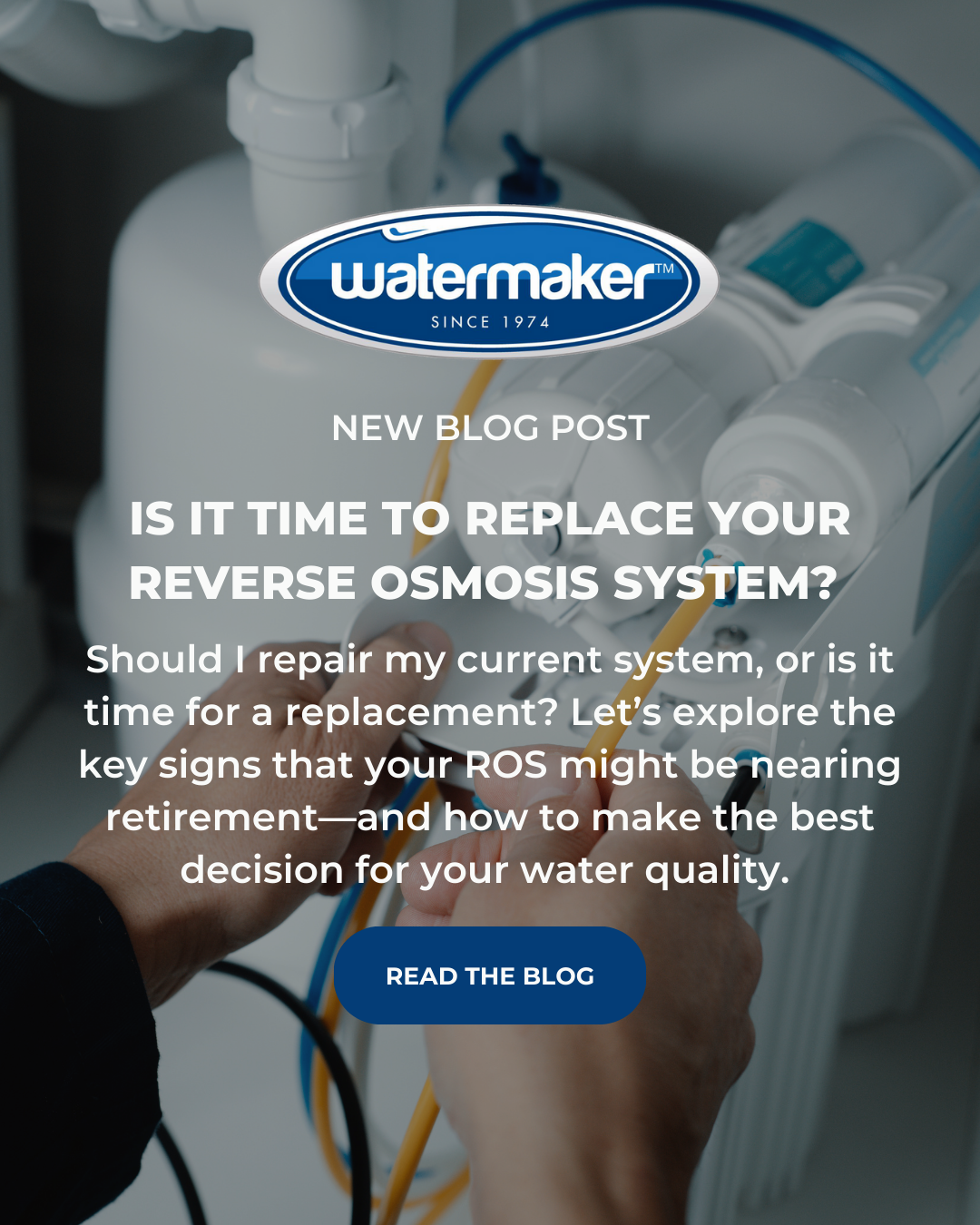Top 6 Myths About Water Softening
Many homeowners have questions and concerns about the effectiveness and necessity of water softeners when it comes to water treatment. Unfortunately, numerous myths surrounding water softening can lead to misunderstandings and misinformed decisions. In this article by Watermaker, we’ll debunk the top six myths about water softening, helping you make informed choices for your home’s water treatment needs.
Myth 1: Water Softeners Are Just for Hard Water
Many believe water softeners are only necessary in areas with exceptionally hard water. While it’s true that water softeners are primarily designed to address hard water issues, they offer benefits even in regions where water hardness is not a significant problem. Softened water can improve the taste, extend the life of plumbing fixtures, and enhance the performance of soaps and detergents. Therefore, even if your water isn’t classified as “hard,” a water softener can still provide valuable benefits.
Myth 2: Water Softening Remove Essential Minerals
A common misconception is that water softeners strip essential minerals from your water, making it unhealthy for consumption. While it’s true that water softeners remove calcium and magnesium—minerals that contribute to water hardness—they replace them with sodium or potassium ions. This process, known as ion exchange, does not render the water devoid of beneficial minerals. The sodium levels introduced by water softeners are typically minimal and pose little risk to most individuals.
Myth 3: Softened Water Is Unfit for Drinking
Another prevalent myth is that softened water is not safe to drink. This concern often stems from the sodium content introduced by water softeners. However, softened water is generally safe for drinking, especially for most healthy adults. If you have specific health conditions or concerns, consult with your doctor or a water treatment expert for personalized advice.
Myth 4: Water Softeners Are Too Expensive to Maintain
Many people shy away from investing in a water softener due to perceived high maintenance costs. While it’s true that water softeners require periodic maintenance, such as adding salt and occasional servicing, the overall costs are often more manageable than anticipated. Additionally, the benefits of softened water—such as reduced soap usage, longer-lasting appliances, and fewer plumbing issues—can lead to significant savings over time. When considering water treatment options, factoring in these long-term savings is essential.
Myth 5: Water Softeners Are Complicated to Install
Some homeowners believe that installing a water softener requires extensive plumbing knowledge and can be a complicated process. While professional installation is always an option, many modern water softeners are designed for straightforward DIY installation. With clear instructions and all necessary components included, even those with minimal plumbing experience can successfully install a water softener.
Watermaker will deliver your new water softener, install it, and remove your old unit if required. This ensures your system is set up correctly and efficiently, with minimum disruption to your day.
Myth 6: Once You Install a Water Softener, You’re Done
A common misconception is that no further action is needed once a water softener is installed. However, water softeners require regular maintenance to function optimally like any water treatment system. This includes monitoring salt levels, cleaning the brine tank, and occasional system checks to ensure everything operates smoothly. Regular maintenance not only prolongs the life of your water softener but also ensures that you continue to enjoy the benefits of treated water.
What We Learned About Water Softening
Understanding the facts about water softening is crucial for making informed decisions regarding your home’s water treatment. By debunking these common water treatment myths, we hope to empower you to consider the potential benefits of a water softener. Whether you face hard water issues or simply want to improve your water quality, investing in a water softener can enhance your overall water experience.
Water Softening Solutions from Watermaker Orangeville & Fergus
If you have further questions or need help with water treatment solutions, don’t hesitate to contact your local water treatment experts at Watermaker in Orangeville & Fergus. We can ensure you receive clean, soft water that meets your household needs.
Watermaker, Better Water, Better Life.



